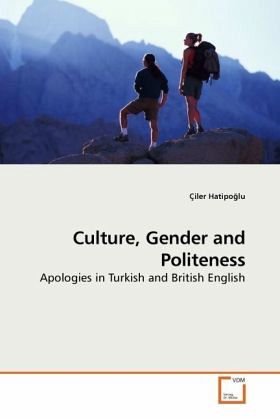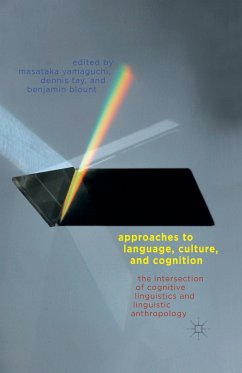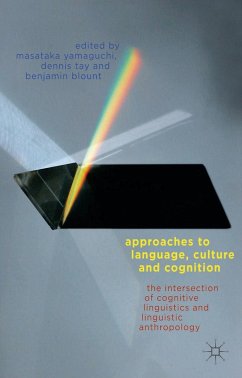
Culture, Gender and Politeness
Apologies in Turkish and British English
Versandkostenfrei!
Versandfertig in 6-10 Tagen
52,99 €
inkl. MwSt.

PAYBACK Punkte
26 °P sammeln!
Using Brown and Levinson s (1987) Politeness Framework and Hofstede s (1991) National Cultures Model the book scrutinizes in detail the remedial acts utilised by members of Turkish and British cultures. The data collection procedures employed in the study are DCTs and role-plays, and the examined dependent variables are length and type of the apology. The manipulated independent factors are culture and gender of the apologiser, gender and status of the receiver of the apology and the type of offence. The findings of the study show how multifaceted the relationship between the studied variables...
Using Brown and Levinson s (1987) Politeness Framework and Hofstede s (1991) National Cultures Model the book scrutinizes in detail the remedial acts utilised by members of Turkish and British cultures. The data collection procedures employed in the study are DCTs and role-plays, and the examined dependent variables are length and type of the apology. The manipulated independent factors are culture and gender of the apologiser, gender and status of the receiver of the apology and the type of offence. The findings of the study show how multifaceted the relationship between the studied variables is and once more present the need and the importance of research examining speech acts in various cultures. The material presented in the book will be of interest to both novices in the field of pragmatics as well as cross-cultural communication, and language and gender experts. The findings of the study may also give clues to experts designing foreign language teaching materials since besides the general strategies such as 'sorry' and 'özür dilerim', the book discusses many special, contexts specific remedial acts.












